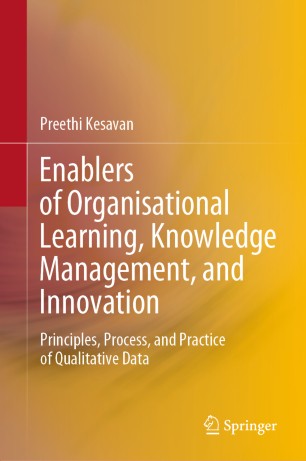

Most ebook files are in PDF format, so you can easily read them using various software such as Foxit Reader or directly on the Google Chrome browser.
Some ebook files are released by publishers in other formats such as .awz, .mobi, .epub, .fb2, etc. You may need to install specific software to read these formats on mobile/PC, such as Calibre.
Please read the tutorial at this link: https://ebookbell.com/faq
We offer FREE conversion to the popular formats you request; however, this may take some time. Therefore, right after payment, please email us, and we will try to provide the service as quickly as possible.
For some exceptional file formats or broken links (if any), please refrain from opening any disputes. Instead, email us first, and we will try to assist within a maximum of 6 hours.
EbookBell Team

0.0
0 reviewsThis book establishes constructivist, interpretivist, and linguistic approaches based on conventions about the nature of qualitative and text data, the author’s influence on text interpretation, and the validity checks used to justify text interpretations. Vast quantities of text and qualitative data in organizations often go unexplored. Text analytics outlined in this book allow readers to understand the process of converting unstructured text data into meaningful data for analysis in order to measure employee opinions, feedback, and reviews through sentiment analysis to support fact-based decision making. The methods involve using NVivo and RapidMiner software to perform lexical analysis, categorization, clustering, pattern recognition, tagging, annotation, memo creation, information extraction, association analysis, and visualization.
The methodological approach in the book uses innovation theory as a sensitizing concept to lay the foundation for the analysis of research data, suggesting approaches for empirical exploration of organizational learning, knowledge management, and innovation practices amongst geographically dispersed individuals and team members. Based on data obtained from a private educational organization that has offices dispersed across Asia through focus group discussions and interviews on these topics, the author highlights the need for integrating organizational learning, knowledge management, and innovation to improve organizational performance, exploring perspectives on collective relationships and networks, organizational characteristics and structures, and tacit and overt values which influence such innovation initiatives. In the process, the author puts forward a new theory which is built on three themes: relationship and networks, knowledge sharing mechanisms, and the role of social cognitive schema that facilitate emergent learning, knowledge management, and innovation.